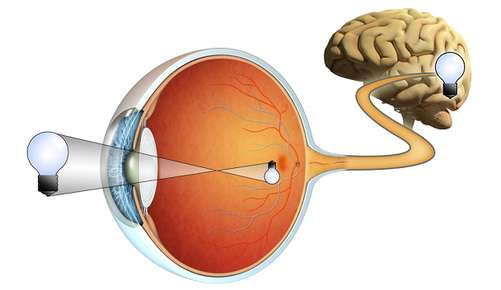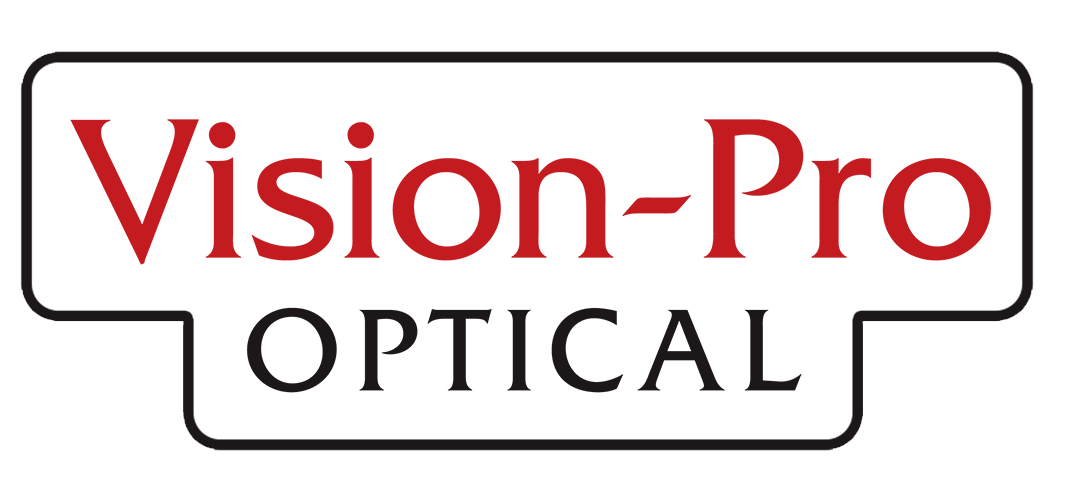


Nutrition for Eye Health
Eating right is essential for keeping your body healthy. This is as true for your eyes as it is for your heart. A diet that is rich in fresh fruits, vegetables and whole grains, and is low in saturated fat, can reduce your risk of heart disease. This will also keep...
Lazy Eye
Lazy eye, also referred to as amblyopia, is a condition that develops in infancy or early childhood, and it typically starts when the focus in one eye is more enhanced than the other. The eye with less focus might be impaired due to a significant amount of...
Eye Movement
Eye movement refers to the voluntary and involuntary movements of the eyes that assist with obtaining, fixating and following visual stimuli. The eyes are each connected to a system of six muscles. Light is sensed by the retina, which is a type of tissue that contains...
Pain Management
We take a lot of aspects of our vision for granted. We expect to see nearby and faraway objects clearly, even if we require our eye care provider to prescribe eyeglasses or contact lenses to do so. A huge degree of the information we take in about our world and our...

